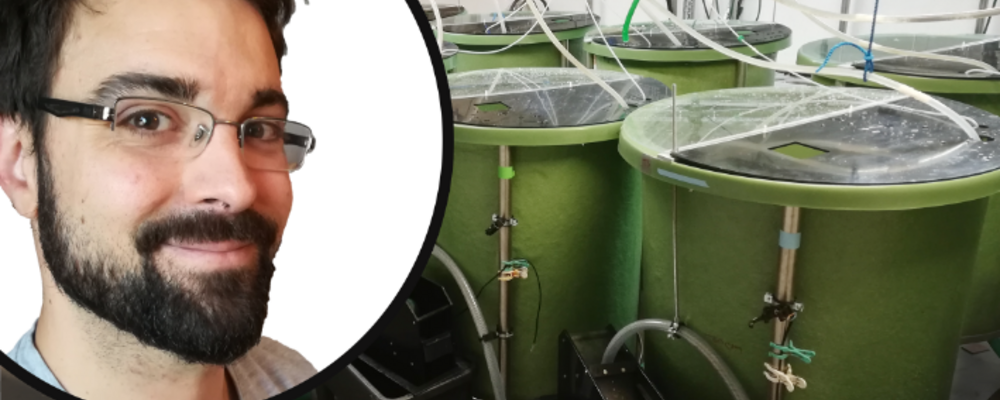Active learning on sustainable aquaculture at the Science Festival
Are you curious about sea cucumbers, seaweed farming, fish feed and new seafood products? Now, researchers from the University of Gothenburg invite the public to explore the seafood of the future and different perspectives on sustainable aquaculture during this year's Science Festival, April 19-20, in Gothenburg. We put three quick questions to one of the scientists, Jonathan Roques, at the Department of Biological and Environmental Sciences and the Swedish Mariculture Research Center, Swemarc, who is organising a workshop.
The activities during the Science Festival:
- Workshop: Odla fisk i en loop
- Workshop: Gör ditt eget tångsalt och ta med hem
- Föreläsning: 5-rätters smakmeny, där forskare serverar senaste nytt inom sjömat, lär dig om sjögurkor, tångodling, foder, samodling och nya sjömatsprodukter
- Utställning: Vattenbruk – om hur vi odlar framtidens hållbara mat i vatten
- Utställning: Scary seafood - vi undersöker havets okända delikatesser
- Utställning: Lär dig mer om sjögurkor - djuren som gillar skräpmat
- Utställning: Blå mat, hur vi kan öka den svenska produktionen av sjömat
